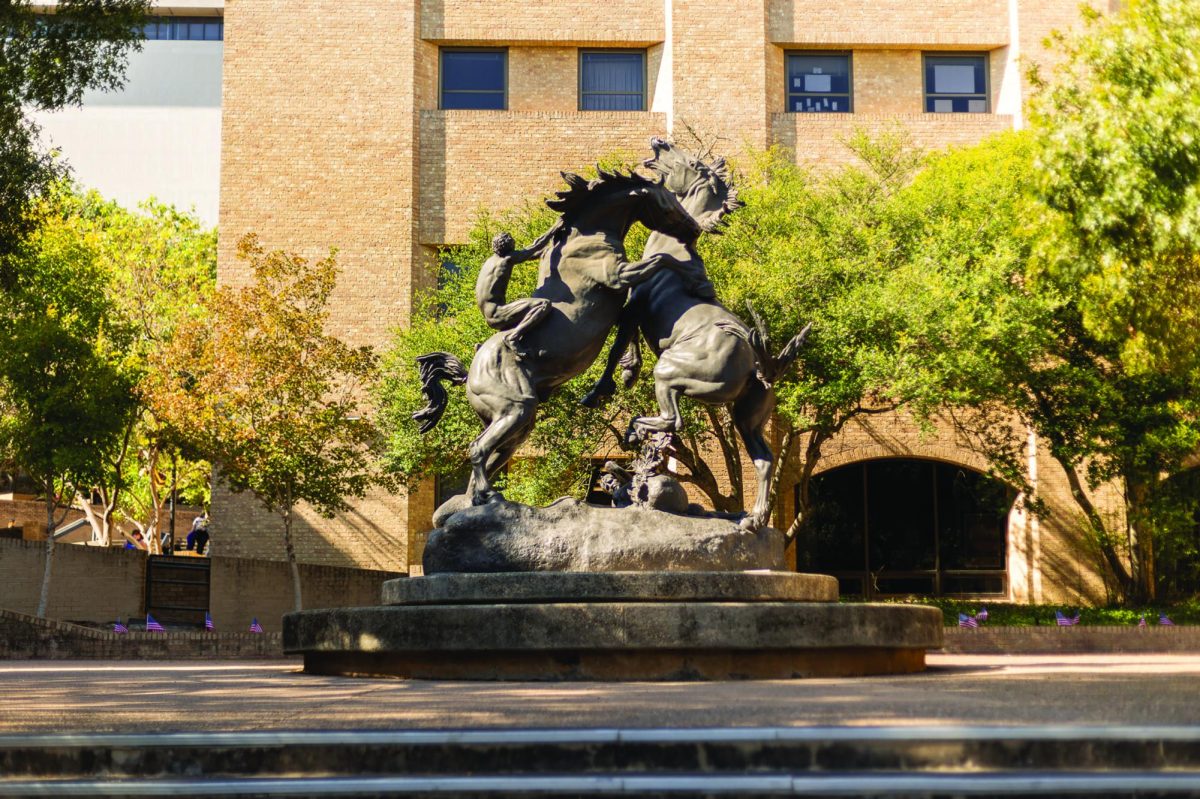“Bro, get the camera; I’m about to do something decent for a homeless person,” seems to be a rising theme of countless social media posts and YouTube videos. While the result is still a donation, posts and videos of the stroke of charity have become more about viral validation by strangers than genuine acts of kindness.
YouTube videos and social media posts of these good deeds have seemingly cracked the code for going viral, appearing on timelines, newsfeeds and suggested playlists at unprecedented rates. Popular YouTubers like Mark Dohner or Vitaly’s homeless donation vlog videos have grossed over 7 million views collectively.
A few weeks ago, a Texas State student’s donation post also went viral, grossing over 7.4 thousand retweets and 33.6 thousand likes. In the post, the student used her remaining meal trades to donate Panda Express to the homeless population in Austin.
Once she posted the pictures and the caption, she became a Twitter phenom. Across Texas and the country, students chimed in, wishing for Panda Express as a meal trade option and admiring the student’s action.
As much good as these videos and posts do, would anyone help the homeless if YouTube or other forms of social media did not exist?
Doing something inherently good is negated if it becomes personal propaganda. You should not have to vouch for yourself or your actions.
When I saw the post for the first time I thought, “why couldn’t she just do it and not plaster it across social media?” I only had to scroll through the comments for a few moments to find that debate. The opposition argued the posts spread awareness and inspired other people to do something similar.
For the record, I would like to say it is possible to do something good because it is the right thing to do without publicizing it. Sure, it may be great to look at on your timeline but why not just do it because you have the means to?
People should not have to be inspired by social media to do something charitable—they should just do it. The basis of a charitable donation is to give because someone else needs something you have. You give it up without expecting anything in return. This includes retweets, likes or any acknowledgment from any entity.
If you want to do something nice, do it because you know it is the right thing to do and expect no praise or reward in return—that is how charity works.
– Jakob R. Rodriguez is a journalism sophomore
Categories:
Social media cashes in on ego-driven charity
June 3, 2017
0
Donate to The University Star
Your donation will support the student journalists of Texas State University. Your contribution will allow us to purchase equipment and cover our annual website hosting costs.
More to Discover







